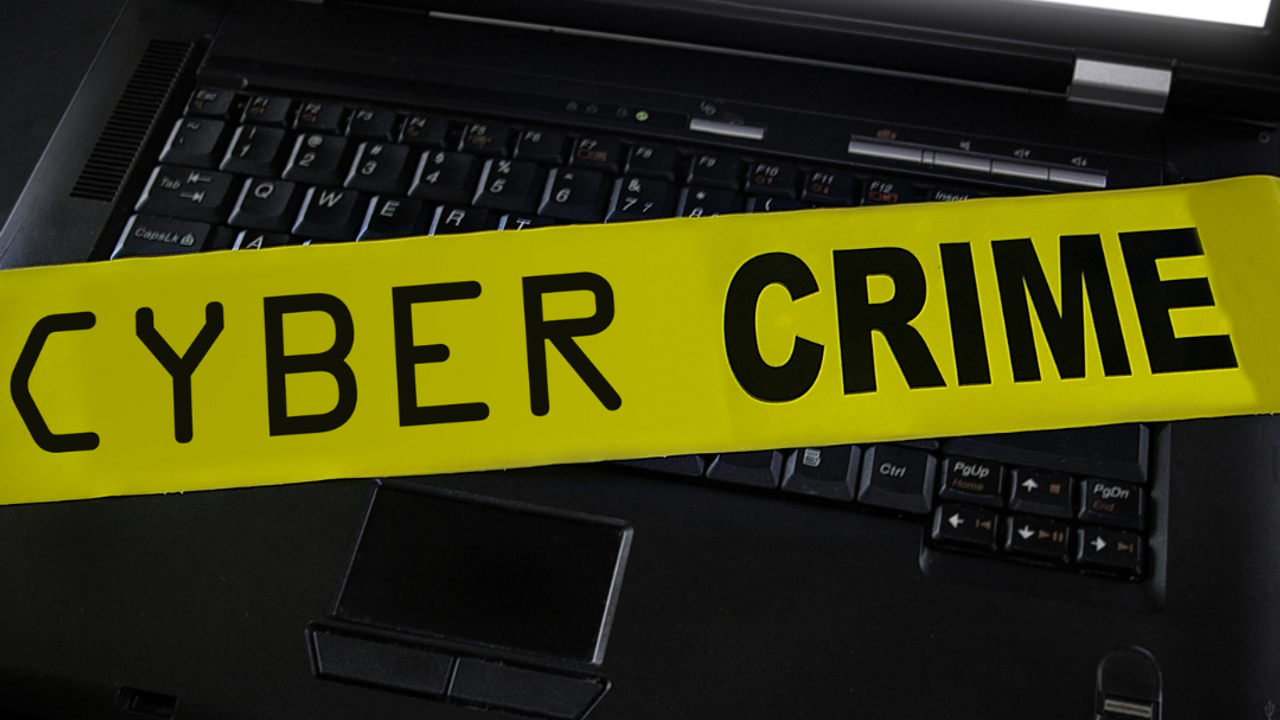
Building wealth in times of inflation is not an easy job. It requires consistent effort, time, and energy. You work hard for your money, and you wouldn’t want it to be ripped off by scammers. The last thing you can think about is your money being stolen when you thought it was secure.
Cyber scams are a growing phenomenon, and 100s of people fall prey to it daily. The phrase generally refers to someone who uses software or online services to scam or exploit victims, usually for financial gain.
Cybercriminals may approach potential victims using personal or business email accounts, social networking sites, dating apps, or other channels to collect financial or other vital personal information.
A common fate to many effective online scams is that the victim either loses their own money or does not receive the reward/prize the cybercriminal promised.
In a lot of the cases witnessed, most people don’t even know they’re being scammed till their money is long gone. Keep reading to find out how to avoid being a victim!
6 ways To Protect Your Money From Cyber Scams
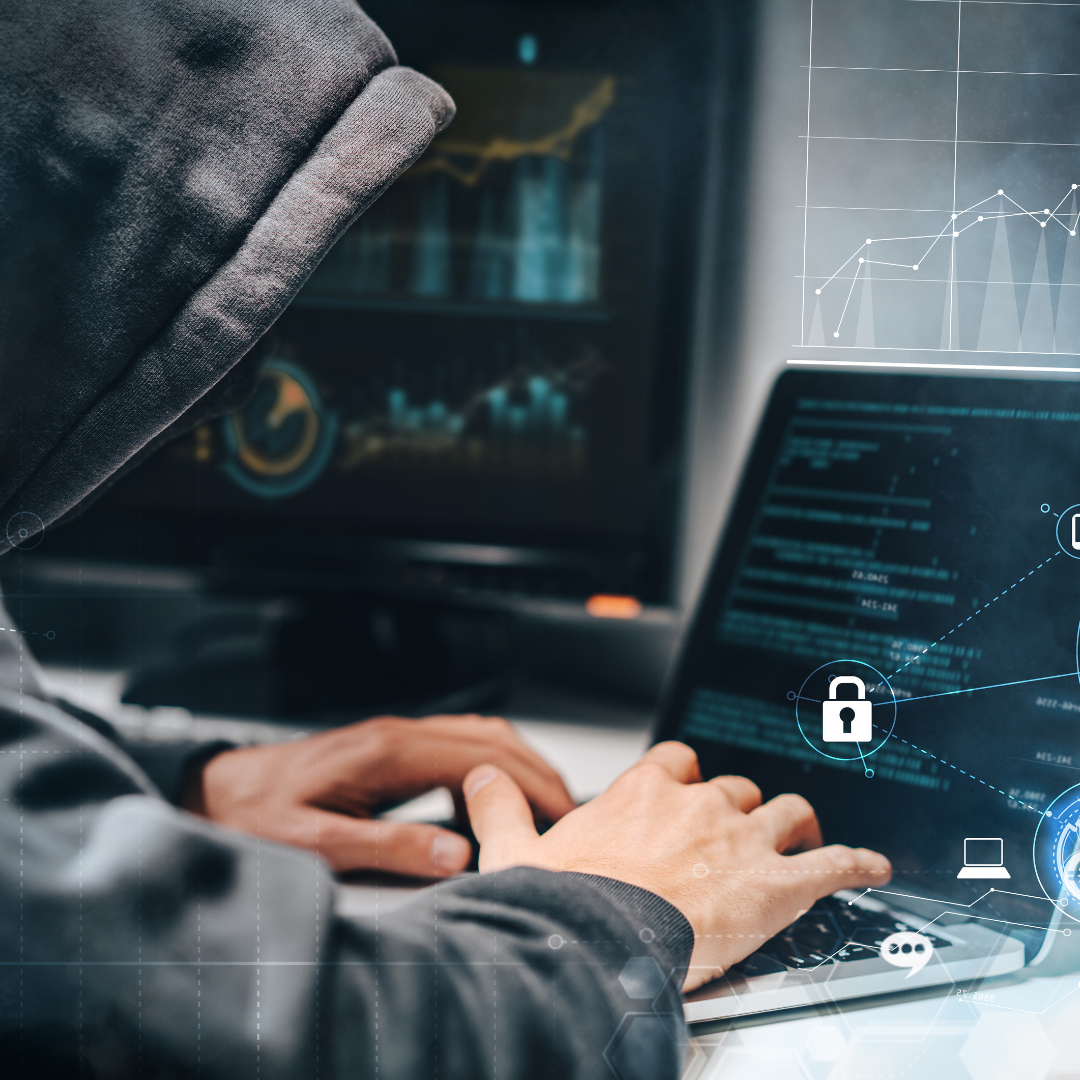
According to the Canadian Anti-Fraud Centre, nearly 40,000 Canadians lost more than $104 million to fraud in 2020 (with only 7 million lost to COVID-19 scams). As scammers get better at stealing, it’s important to take all reasonable precautions to protect oneself.
Here are 6 ways that can help you guard your money.
Learn To Identify Phishing Scams
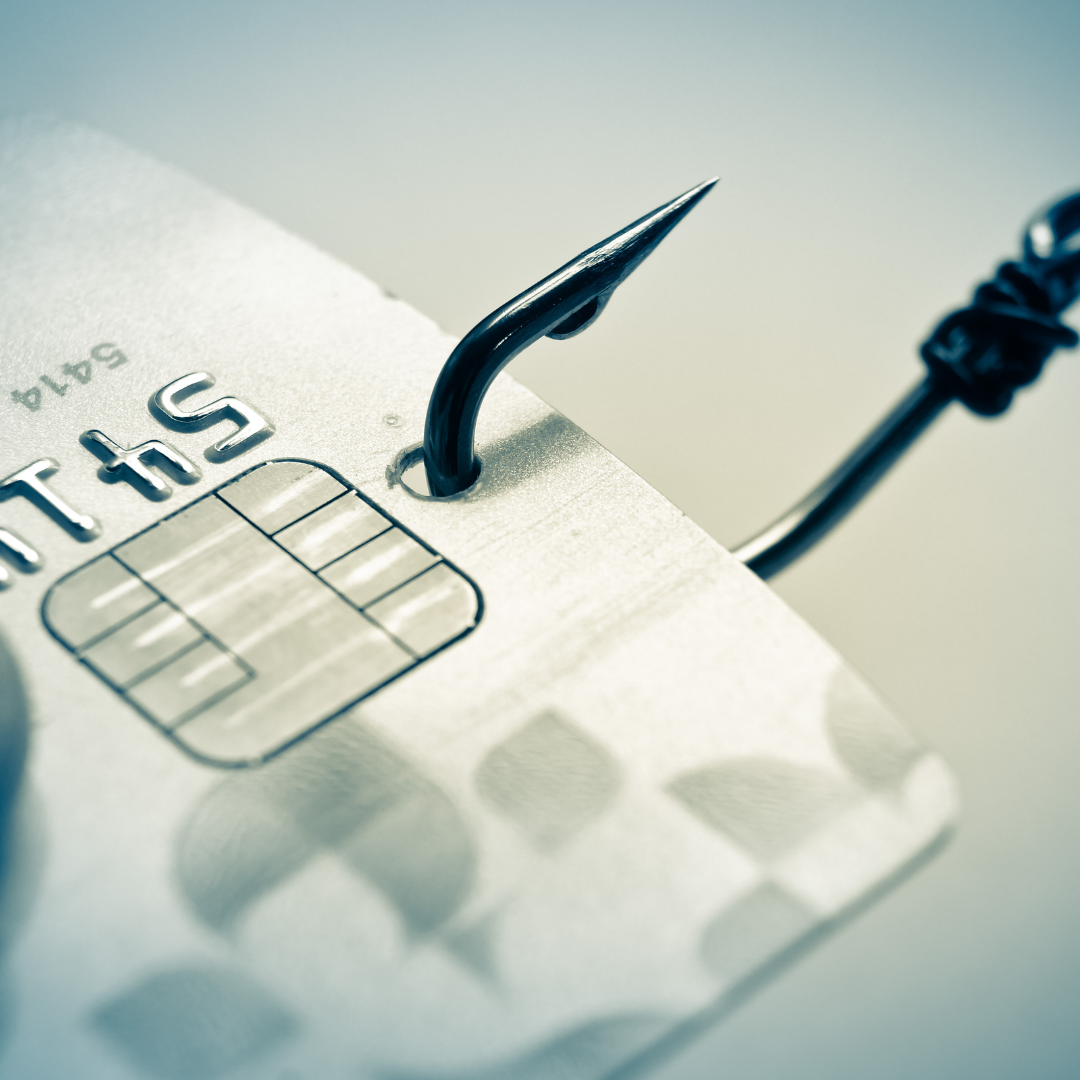
Two of the most common cyber attacks are malware and phishing (the latter is often used to introduce the former). It is becoming increasingly easy to buy software and manipulate it to scam others without a relevant degree in coding.
Most phishers send you phishing emails and so learning to identify a fraud email is step one in protecting yourself. Certain indicators are really simple. If an email from your bank addresses you differently, has very generic information and/or has several typos and grammar mistakes, those are red flags..
Another clue will be if the sender’s email address is not from your bank. When in doubt, call the company or bank to verify that the email is from them. Also, your bank will generally never request your personal information and that too via an email that sounds urgent and requires you to take immediate action.
Follow Password Best Practices
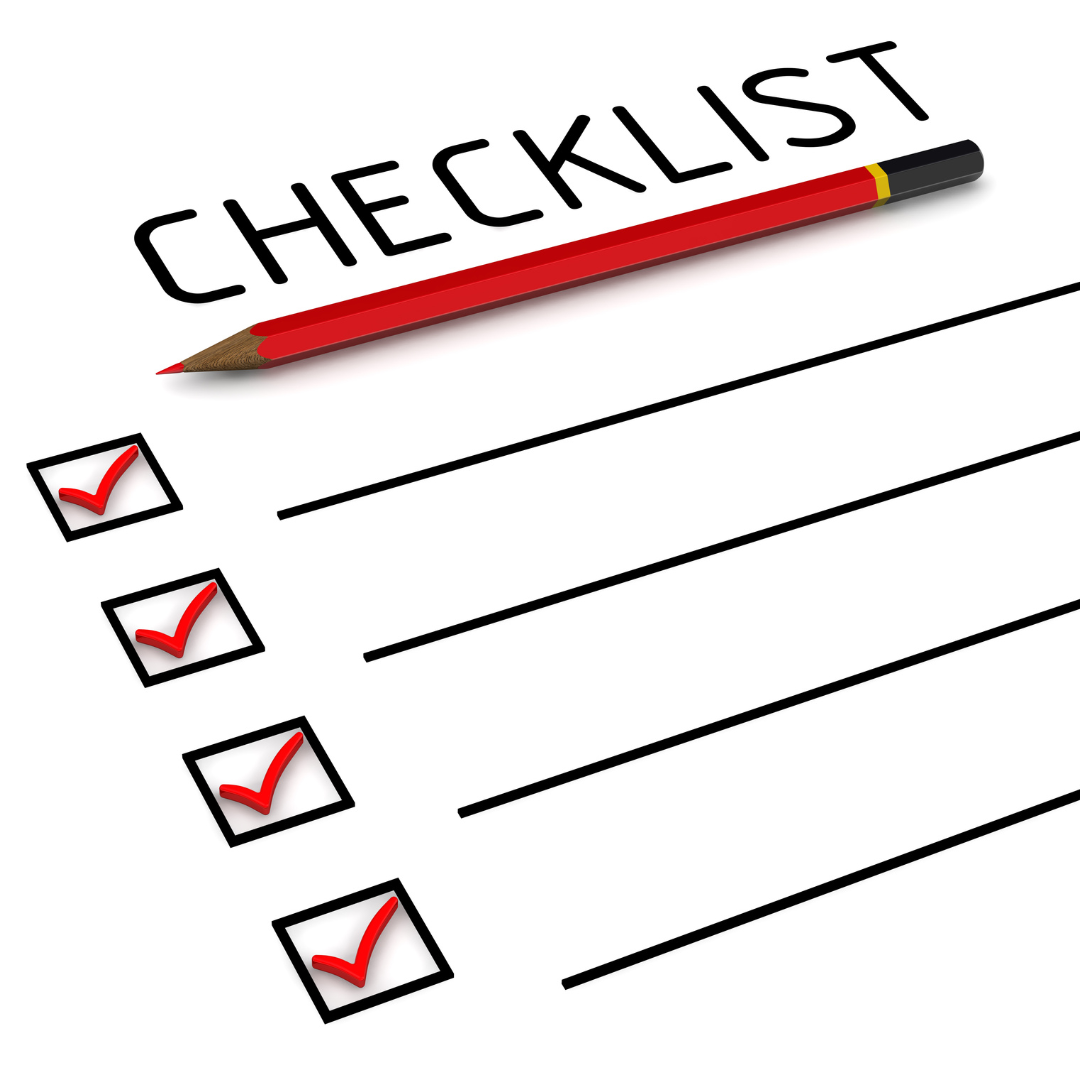
Passwords are often the only thing standing between your account and a cyber-criminal. And yet passwords are taken for granted. To make them easily memorisable, we use basic passwords that can be fetched by software that allows you to launch a blizzard of attempts, eventually cracking the right combination.
Instead, use unique and strong passwords that mix characters, symbols, numerics, and alphabets. Activate 2 Factor-Authentication and have different passwords for different accounts that you change every three to six months.
Activate Transaction Notifications
Keeping an eye on your banking activity is important in guarding your money. You can turn on “per transaction” notifications for both your credit and debit card accounts. Once you do, you’ll get alerts through text, app, and/or email anytime a purchase, payment, withdrawal, or transfer is made.
While you’ll undoubtedly receive more messages throughout the day than before, this level of security is worth the cost you’ll have to pay in case something goes south.
Secure Your Personal Information
Never communicate your sensitive financial or personal information through text, email, or calls. Keep your personal information private. Hackers can use social media accounts to discover your passwords and the answers to the security questions in password reset tools.
Don’t share information like your mother’s maiden name, birthday, or address online. Instead, secure your privacy settings. Be careful of connecting to strangers. Your internet connection should also be private and secure.
Finally, be cautious of transferring information over public wifi networks.
Enable Identity Protection Service
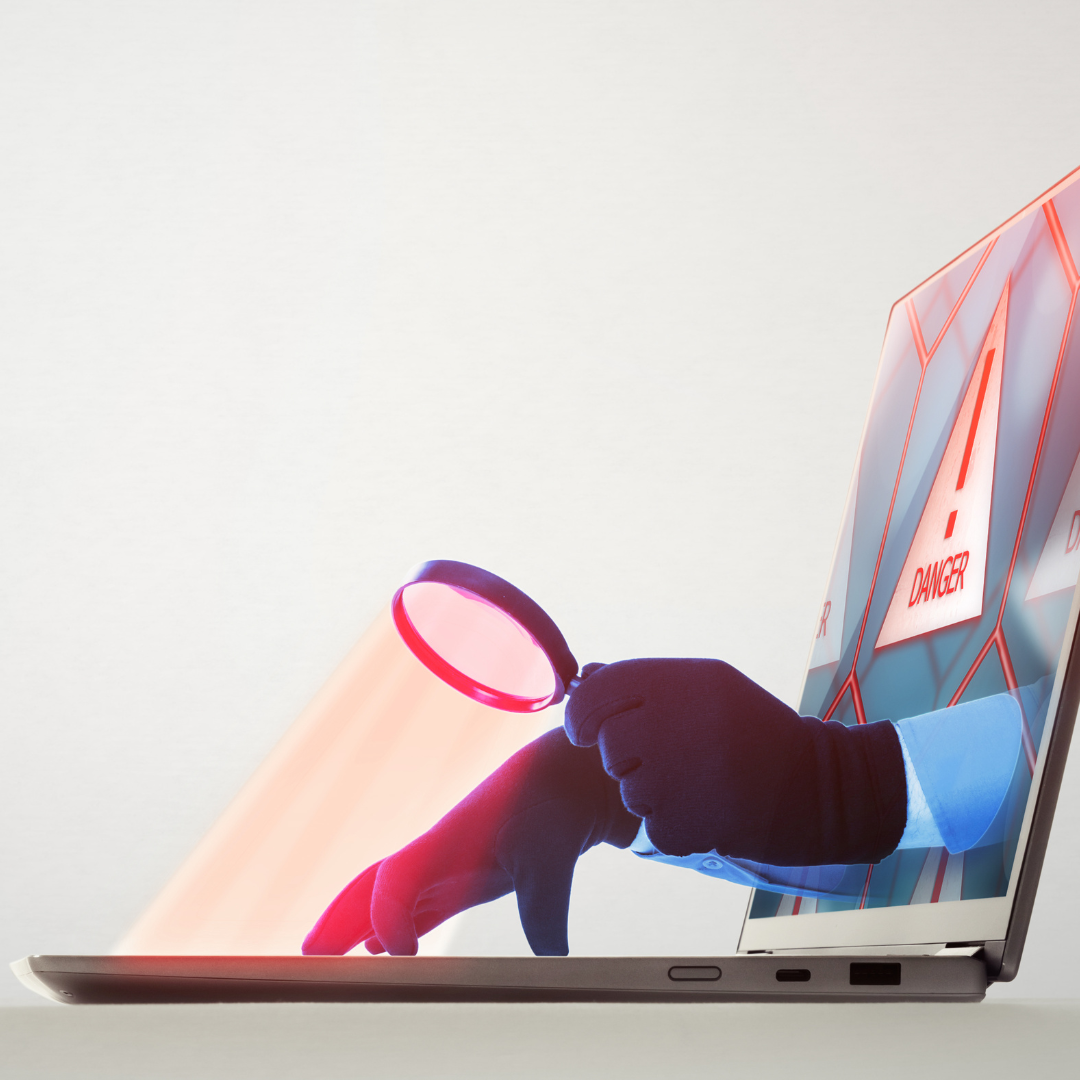
When cybercriminals employ malware, they do so with the intention of searching through your private files for important data—like credit card numbers—and sending that information back to the malevolent party.
Consider signing up for an identity protection service in light of this. Your Social Security number, credit card information, and other information will literally be monitored by this firm for any indications of a breach.
The cost of maintaining this level of continual surveillance will be high, but it will be far less than the expense of attempting to recover following a successful cyberattack.
Don’t Pounce Too Quickly On Online Deals
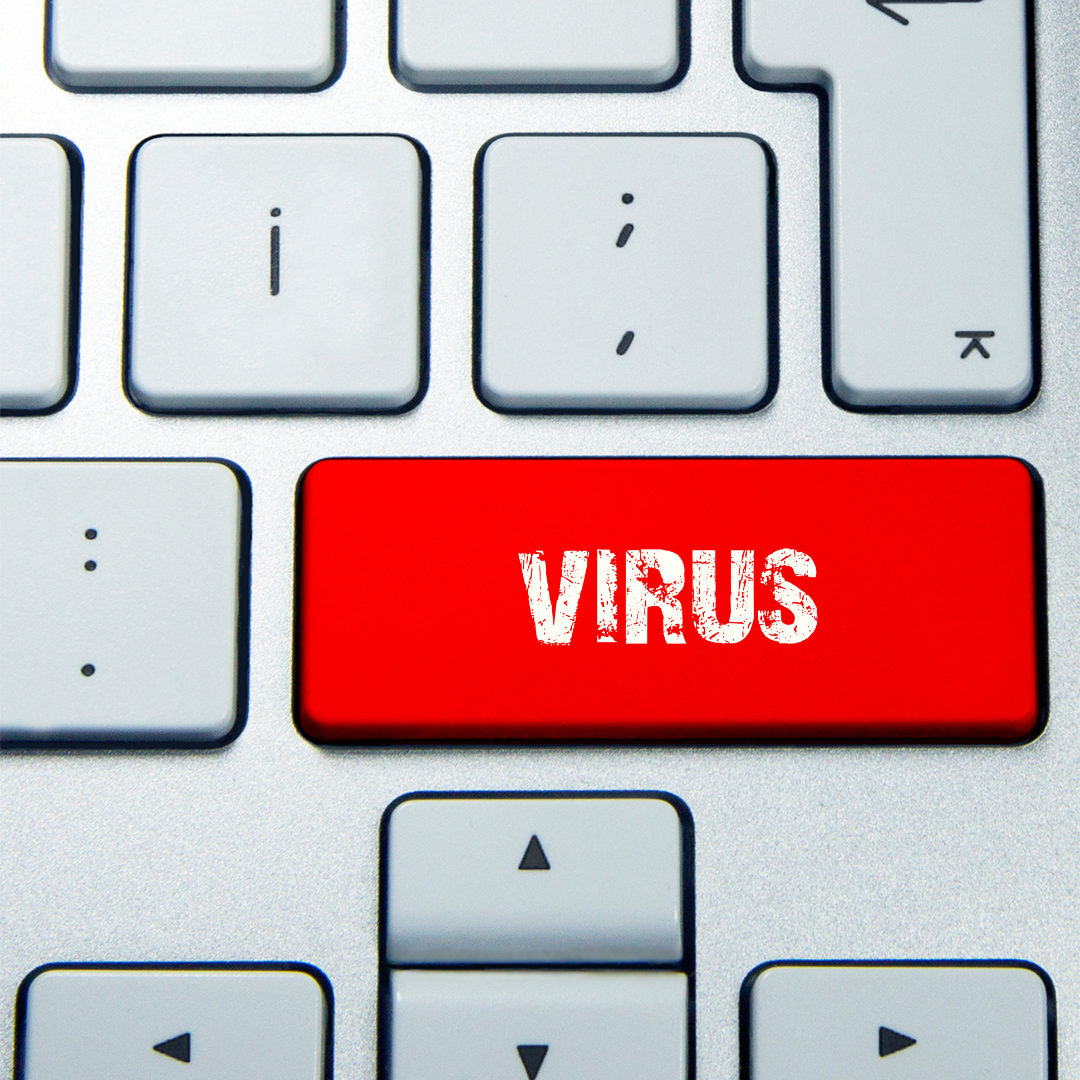
Online markets like Amazon and eBay have made online purchases more convenient than ever. However, remember that if a deal seems too good to be true, it is probably a scam or a counterfeit.
As enticing as it may be to pounce at what seems like a great deal on that item you’ve always wanted to purchase, take the time to look for the warning signs such as:
- You can’t recognize the brand.
- The product doesn’t come with official brand packaging.
- The displayed pictures do not match the product description.
- The seller tries to point you toward another online store.
- The seller adds extra steps to the purchasing process, such as requiring you to contact them outside the current website.
It is crucial to let your instinct guide you here, if it seems off, it probably is.
Summing It Up
Cyber scams may cost you money, time, security, and peace of mind.
Financial knowledge is the strongest defense against falling for a cyber scam. Your susceptibility is significantly reduced by education.
Remember to follow your gut and keep yourself updated on the latest scam methods.
Inform your wireless service provider, any financial institutions where you have accounts, and local police authorities immediately if you believe you are a victim of cyber fraud.